The Books Behind Your Favorite Holiday Movies
Check out the riveting novels—and biographies—that inspired this season's hottest new movies.
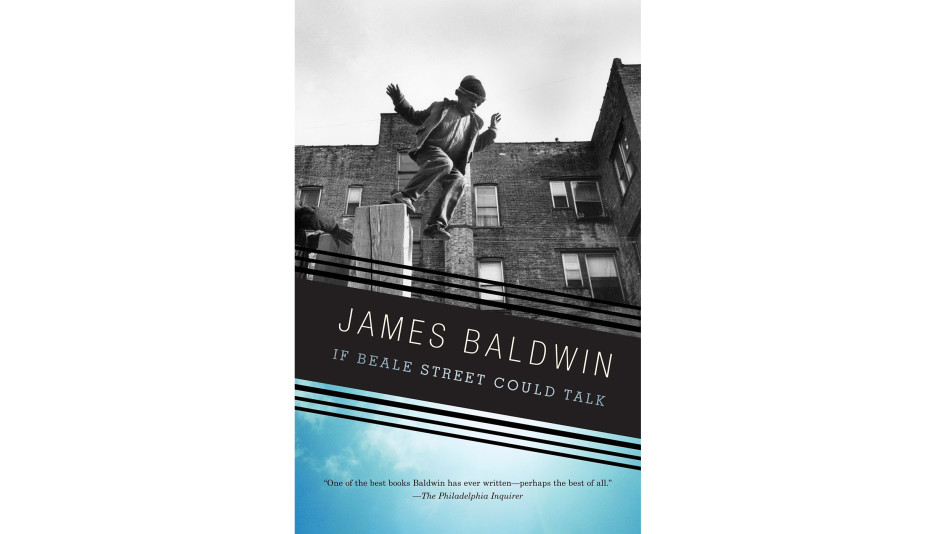
If Beale Street Could Talk
By James Baldwin
208 pages; Vintage
Director Barry Jenkins' follow-up to his Oscar®-winning film, Moonlight, is the tale of Tish and Fonny, a young New York couple in crisis: Fonny is in jail under a false rape accusation, and Tish is pregnant and uncertain what kind of support her family will provide. If Beale Street Could Talk, out November 30, is based on James Baldwin's 1974 novel, and Jenkins has spoken about his determination to make only modest tweaks to the source's setting and themes. Perhaps the strongest distinction is that in the book, Fonny is "ugly ... with skin just like raw, wet potato rinds," while Stephan James' Fonny is gently lit and irrepressibly handsome. But the book is a destination in itself for Baldwin's lyrical prose, which here deftly balances romanticism with a righteous fury over a couple denied the chance to get ahead. Tish's narration is a powerful vision of both the strength and fragility of romance, the way "it's a miracle to realize that somebody loves you."
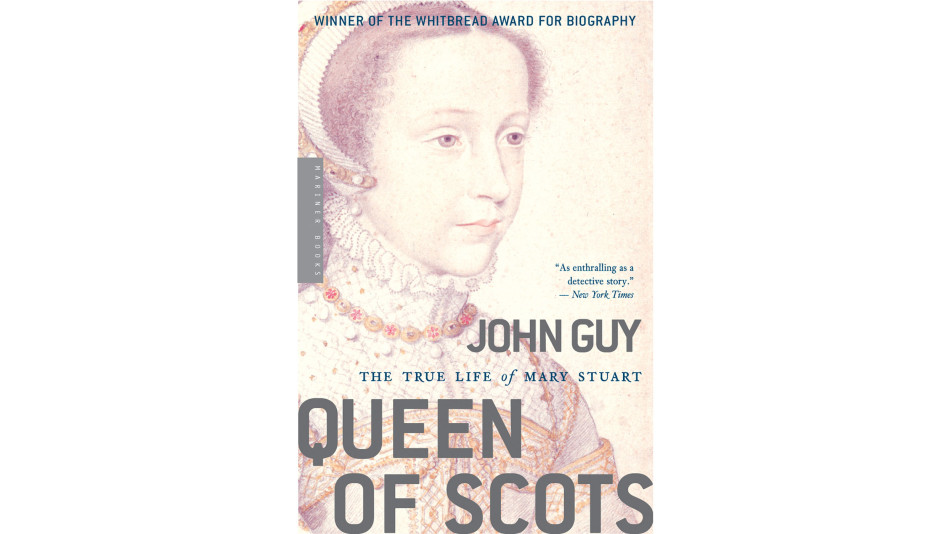
Queen of Scots: The True Life of Mary Stuart
By John Guy
632 pages; Mariner
In the historical epic Mary Queen of Scots, out December 7, Saoirse Ronan plays the ill-fated Scottish monarch, who was imprisoned and eventually beheaded in 1587 after falling afoul of her cousin Queen Elizabeth (Margot Robbie). Director Josie Rourke's story emphasizes the rivalry between the two strong-willed women, but there was much more to Mary Stuart than a family power play, and John Guy's magisterial biography—often drawing on previously undiscovered documents—offers a surprisingly vivid portrait of a woman who, literally from the cradle, became a bargaining chip among rival nations. Guy's research is so impassioned and thorough that he can tell you how many dogs she owned (16), the contents of her shoe closet and the taunting ways she'd flaunt the strictures of royal behavior, such as impersonating a man and strolling anonymously through the streets of Edinburgh.
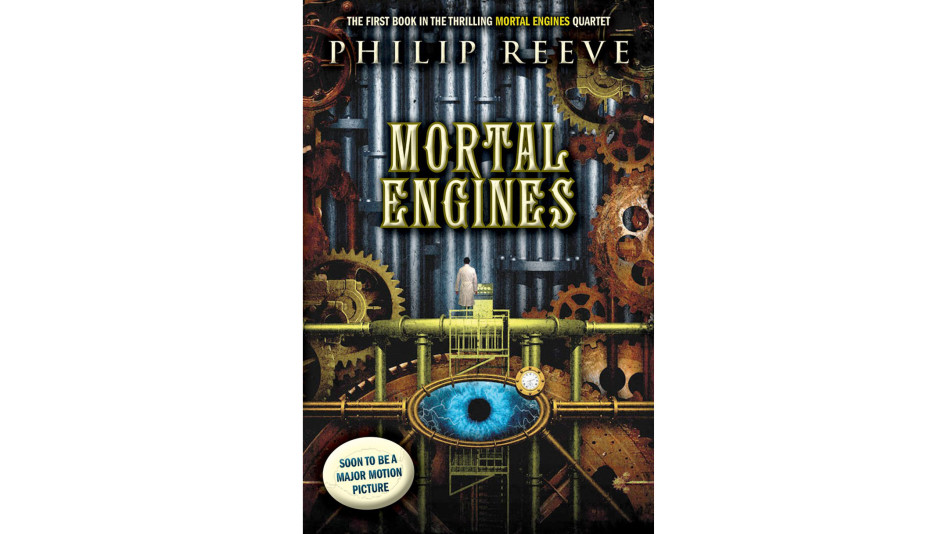
Mortal Engines
By Philip Reeve
320 pages; Scholastic
Mortal Engines, out December 14, is a science fiction epic that's rich in big-budget eye candy: It imagines a future world where cities roll across the earth on treads, on missions to chase and consume one another. Hester Shaw is determined to stop the Traction City of London from using a destructive device, and the Peter Jackson–produced film seems to take its cues from Katniss to highlight a strong female hero. Philip Reeve's original novel, however, emphasizes the power of partnership, as Hester and Tom, a young historian, attempt to transcend their oil-and-water personalities and stop London's menace on the strength of their wits. The movie adds a few years to the duo, who are precocious and daring teens in the book, and unlike the shiny facades of the film, Reeve's novel has a grittier steampunk vibe, where a city's nether regions are "wreathed in engine smoke" and everything runs on old-school hydraulics.
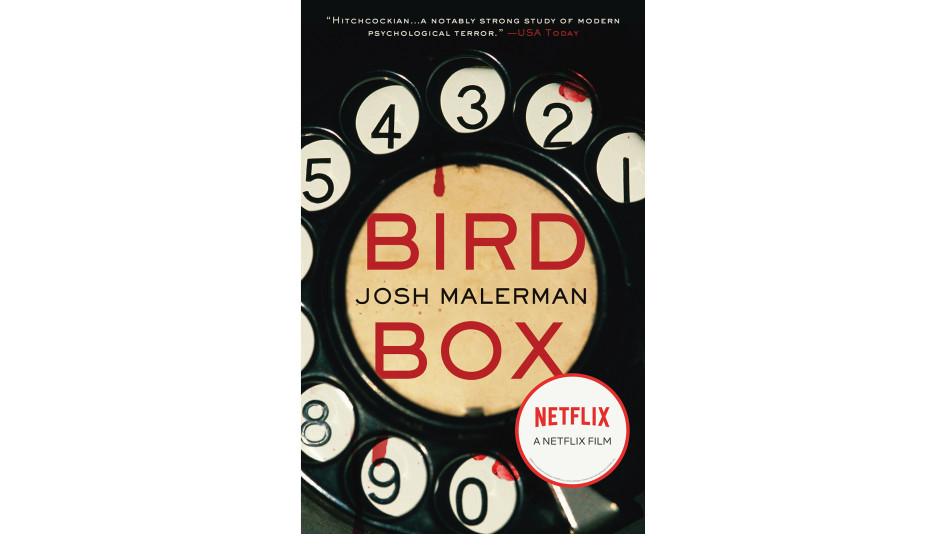
Bird Box
By Josh Malerman
272 pages; Ecco
Out December 21 on Netflix, Bird Box stars Sandra Bullock as Malorie, a mother guiding her children through a post-apocalyptic world where even a glimpse of a strange force has turned people instantly suicidal. That means everybody needs blindfolds (and especially fine-tuned hearing), which makes for an especially treacherous trek down a river to a chance at safety. This adaptation of Josh Malerman's 2014 novel emphasizes the wilderness adventure and A Quiet Place–style jump-cuts, so go to the book for scares at a more psychological and intimate level. Malerman, writing in a style that evokes King and Poe, braids Malorie's escape with her children with the backstory of her pregnancy in a safe house, and the unseen menace becomes a harrowing proxy for fears of motherhood: "The world outside sounds like how she feels inside. Stormy. Menacing. Foul."
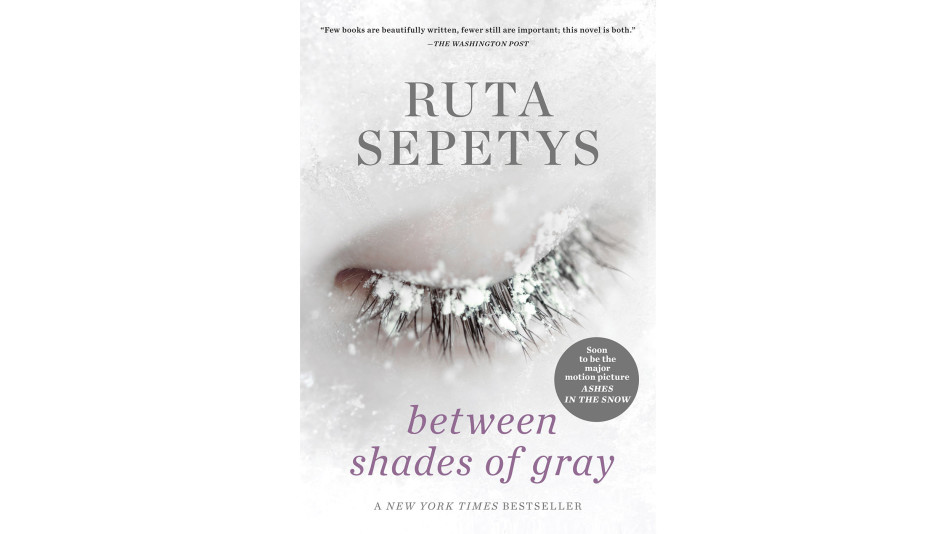
Between Shades of Gray
By Ruta Sepetys
384 pages; Penguin
Ashes in the Snow, out January 11, centers on Lina, a teenage aspiring artist who, in 1941, was a victim of Joseph Stalin's brutal purge of Lithuania, where citizens were killed or sent to Siberian prison camps. Marius A. Markevicius' adaptation of Ruta Sepetys' novel emphasizes the cruelty and humiliation that Lina and her family endured along the way, from family separation to starved infants to arbitrary murders. A ray of light, in both the novel and film, comes from a budding relationship in a prison camp, but Sepetys' original story never sweetens its vision, as Lina becomes harrowingly familiar with a new world defined by death and loss: "I stopped watching for bodies to be hurled from the cars. Every time the train pulled away, we left a litter of corpses in our wake."
By James Baldwin
208 pages; Vintage
Director Barry Jenkins' follow-up to his Oscar®-winning film, Moonlight, is the tale of Tish and Fonny, a young New York couple in crisis: Fonny is in jail under a false rape accusation, and Tish is pregnant and uncertain what kind of support her family will provide. If Beale Street Could Talk, out November 30, is based on James Baldwin's 1974 novel, and Jenkins has spoken about his determination to make only modest tweaks to the source's setting and themes. Perhaps the strongest distinction is that in the book, Fonny is "ugly ... with skin just like raw, wet potato rinds," while Stephan James' Fonny is gently lit and irrepressibly handsome. But the book is a destination in itself for Baldwin's lyrical prose, which here deftly balances romanticism with a righteous fury over a couple denied the chance to get ahead. Tish's narration is a powerful vision of both the strength and fragility of romance, the way "it's a miracle to realize that somebody loves you."

Queen of Scots: The True Life of Mary Stuart
By John Guy
632 pages; Mariner
In the historical epic Mary Queen of Scots, out December 7, Saoirse Ronan plays the ill-fated Scottish monarch, who was imprisoned and eventually beheaded in 1587 after falling afoul of her cousin Queen Elizabeth (Margot Robbie). Director Josie Rourke's story emphasizes the rivalry between the two strong-willed women, but there was much more to Mary Stuart than a family power play, and John Guy's magisterial biography—often drawing on previously undiscovered documents—offers a surprisingly vivid portrait of a woman who, literally from the cradle, became a bargaining chip among rival nations. Guy's research is so impassioned and thorough that he can tell you how many dogs she owned (16), the contents of her shoe closet and the taunting ways she'd flaunt the strictures of royal behavior, such as impersonating a man and strolling anonymously through the streets of Edinburgh.

Mortal Engines
By Philip Reeve
320 pages; Scholastic
Mortal Engines, out December 14, is a science fiction epic that's rich in big-budget eye candy: It imagines a future world where cities roll across the earth on treads, on missions to chase and consume one another. Hester Shaw is determined to stop the Traction City of London from using a destructive device, and the Peter Jackson–produced film seems to take its cues from Katniss to highlight a strong female hero. Philip Reeve's original novel, however, emphasizes the power of partnership, as Hester and Tom, a young historian, attempt to transcend their oil-and-water personalities and stop London's menace on the strength of their wits. The movie adds a few years to the duo, who are precocious and daring teens in the book, and unlike the shiny facades of the film, Reeve's novel has a grittier steampunk vibe, where a city's nether regions are "wreathed in engine smoke" and everything runs on old-school hydraulics.

Bird Box
By Josh Malerman
272 pages; Ecco
Out December 21 on Netflix, Bird Box stars Sandra Bullock as Malorie, a mother guiding her children through a post-apocalyptic world where even a glimpse of a strange force has turned people instantly suicidal. That means everybody needs blindfolds (and especially fine-tuned hearing), which makes for an especially treacherous trek down a river to a chance at safety. This adaptation of Josh Malerman's 2014 novel emphasizes the wilderness adventure and A Quiet Place–style jump-cuts, so go to the book for scares at a more psychological and intimate level. Malerman, writing in a style that evokes King and Poe, braids Malorie's escape with her children with the backstory of her pregnancy in a safe house, and the unseen menace becomes a harrowing proxy for fears of motherhood: "The world outside sounds like how she feels inside. Stormy. Menacing. Foul."

Between Shades of Gray
By Ruta Sepetys
384 pages; Penguin
Ashes in the Snow, out January 11, centers on Lina, a teenage aspiring artist who, in 1941, was a victim of Joseph Stalin's brutal purge of Lithuania, where citizens were killed or sent to Siberian prison camps. Marius A. Markevicius' adaptation of Ruta Sepetys' novel emphasizes the cruelty and humiliation that Lina and her family endured along the way, from family separation to starved infants to arbitrary murders. A ray of light, in both the novel and film, comes from a budding relationship in a prison camp, but Sepetys' original story never sweetens its vision, as Lina becomes harrowingly familiar with a new world defined by death and loss: "I stopped watching for bodies to be hurled from the cars. Every time the train pulled away, we left a litter of corpses in our wake."



